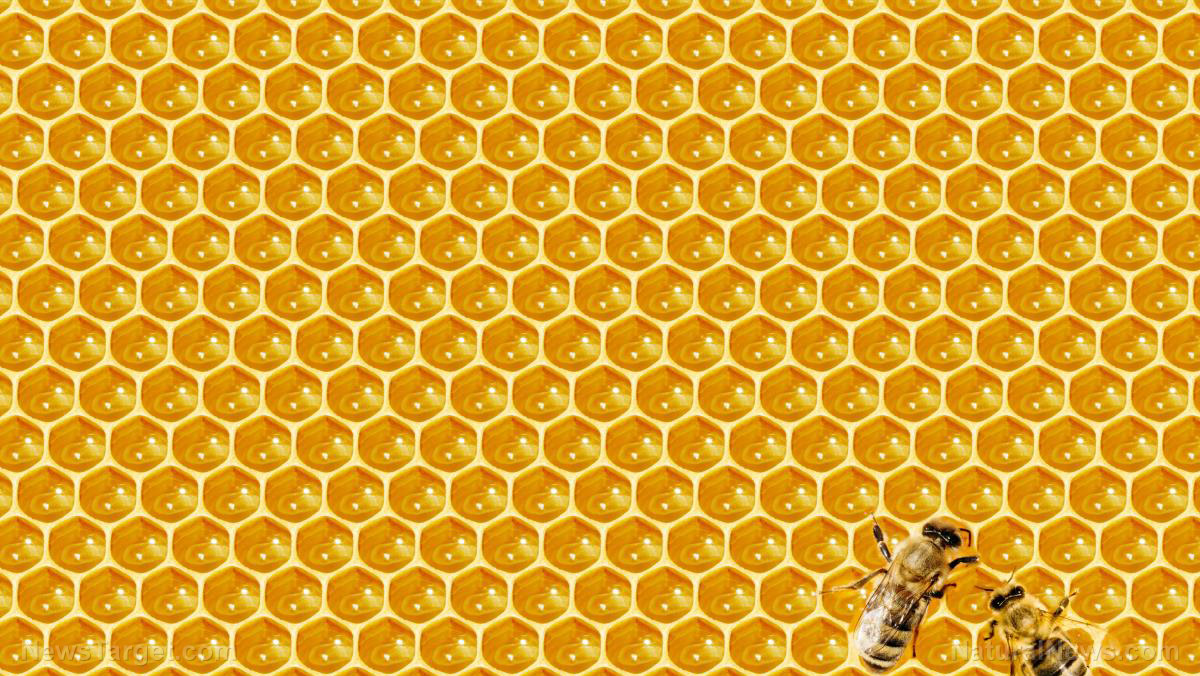A new, supposedly “bee-friendly” pesticide found to impair taste, learning, memory of the critically necessary insects
04/30/2018 / By Tracey Watson

Honeybees are in trouble – BIG trouble. Bee populations have been dwindling all around the globe at an alarming rate in recent years, and some species have even made it on to the endangered list. Scientists have been scrambling to find out what is causing this alarming trend, but Mike Adams, the Health Ranger, and others in the independent media have been warning for years that it comes down to two basic problems: The pervasive use of pesticides in agriculture, and a dramatic reduction in the bees’ food supply.
Greenpeace reports that in crops that require bee pollination, the number of bee colonies per hectare has dropped off by 90 percent since the 1960s.
But many species are in trouble, you might say. So, why the big outcry about the honeybee?
Well, from a purely selfish point of view, humans are incredibly reliant on bees.
Wild and domestic honeybees perform about 80 percent of all plant pollination, with just one bee colony pollinating 300 million flowers in a single day. Nuts, fruits and vegetables are almost exclusively pollinated by bees, and 70 of the top 100 foods consumed by humans are reliant on bee pollination. These 70 foods provide 90 percent of the planet’s nutritional needs.
In recent years, the chemical industry has spent over $11 million dollars on a public relations initiative to try to absolve themselves of blame for the plight of the bees. Nonetheless, the tide has slowly been turning, and governments around the world have begun to acknowledge the damaging role of pesticides in the dramatic decline of the bee population.

In February, the U.K.’s Independent reported that after studies conclusively proved that the use of neonicotinoid pesticides poses a severe risk to all bee species, the EU took steps to place a blanket ban on their use across all member states.
Of course, the toxic chemical industry is always three steps ahead, and has already come up with a new, “bee-friendly” pesticide to replace its dangerous neonicotinoid products.
Science Daily reported recently that Bayer AG has developed a pesticide called Sivanto, which has the active ingredient flupyradifurone. Bayer claims that this pesticide will not be harmful to bees and can even be applied safely on flowering fields. It has been available in the U.S. since 2015.
A research team from the University of Würzburg set out to test the company’s claims and found the very opposite to be true.
“Our data show that non-lethal doses of flupyradifurone after a single application to collecting honeybees have a negative impact on the bees’ taste, learning and memory capability,” noted the study’s lead author, Ricarda Scheiner.
The team reached their conclusions after a series of tests which included testing the bees’ gustatory response to sugar, olfactory conditioning and memory testing. They determined that a single dose of 1.2 micrograms of flupyradifurone was enough to significantly reduce “perception and learning performance.”
While the team believes it is unlikely that bees will come into contact with such high doses in the “real world,” if the product is applied correctly, there is no guarantee that farmers will use it exactly as specified. And they also warn that nobody can be sure of the effects on bees when flupyradifurone is added to an environment which is already drenched in neonicotinoid residue.
So, even before it has officially replaced neonicotinoids as the pesticide of choice, flupyradifurone has already been proven to be dangerous to bees. (Related: If you care about the environment, be sure to bookmark Environ.news.)
There really is only one solution to the problem: Stop using these toxic chemicals altogether, and use the tricks organic farmers use, like strengthening the soil and companion planting, to reduce crop pests. (Related: Do your part and save the bees with these 10 easy-to-grow flowers.)
Sources include:
Submit a correction >>
Tagged Under:
This article may contain statements that reflect the opinion of the author





















